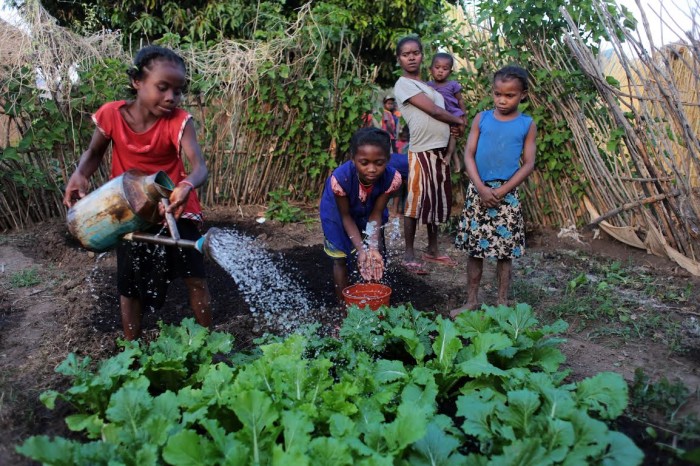El Salvador is a country that has suffered a lot over the years. It has a past full of inequality and violence, including corruption in public institutions. It is important that as citizens we do not sit idly by. We must not only focus on academic training, but on a more comprehensive education. This is where Centro Ignacio Ellacuría (CIE) plays a very important role.
My name is Kevin Cea and I am a third-year computer engineering student at UCA and a current student at CIE (Casa de Las Américas). The center has undoubtedly had a great impact on my life and the way I see things, through accompanying communities in rural areas, living with other students, and immersing myself totally in the experience of community work, such as:
- Accompanying the community of San Bartolo through praxis with Marianita and Ana Lilian, two women leaders with a lot of experience and service to this community.
- Spirituality and community nights, the latter being one of my favorites because it has allowed me to understand the reality of my colleagues, knowing how history has led them to be the people they are now.
- Learning from Lolo his experience at the Sumpul River, being a survivor of the armed conflict, which was a very difficult time in El Salvador. It has made me see this historic event differently, to want justice.
- Hearing the testimonies of Kevin and Trena, as well as the legacy of Father Dean, leaving his comforts and coming to serve, committing to change, was without a doubt something transformative for me.
- National reality class, taught by the center, was important in my formation as we debated and learned about social, political, and cultural realities, as well as issues of leadership and discernment.
- The day-to-day life with my fellow students, singing and giving thanks before each meal, the simplicity, and listening has made me appreciate them and love them as brothers and sisters.
The virtual modality of praxis could have been an impediment to getting the most out of the experience, however, this did not prevent us from sharing and connecting with our praxis coordinators. The fact that we worked virtually during this experience made the three face-to-face visits to the communities of San Bartolo and San Miguel Tepezontes that much more impactful. Talking and playing with the boys and girls was one of my favorite parts, as was cooking.
Now I know I have the power to start transforming the world and I have the initiative to start with my community in Sonsonate in the municipality of San Antonio del Monte, teaching mathematics to boys and girls and accompanying other communities. I feel more aligned with the Jesuit vision, changing lives through education seems to me to be the solution. Making people aware of action, and not resignation, being aware of socio-political problems and speeding up to find solutions, following the legacy of the Martyrs of the UCA.
Learn about other’s experience:
[Webinar] Next Gen Leaders: the critical role of CIE in El Salvador’s Future

